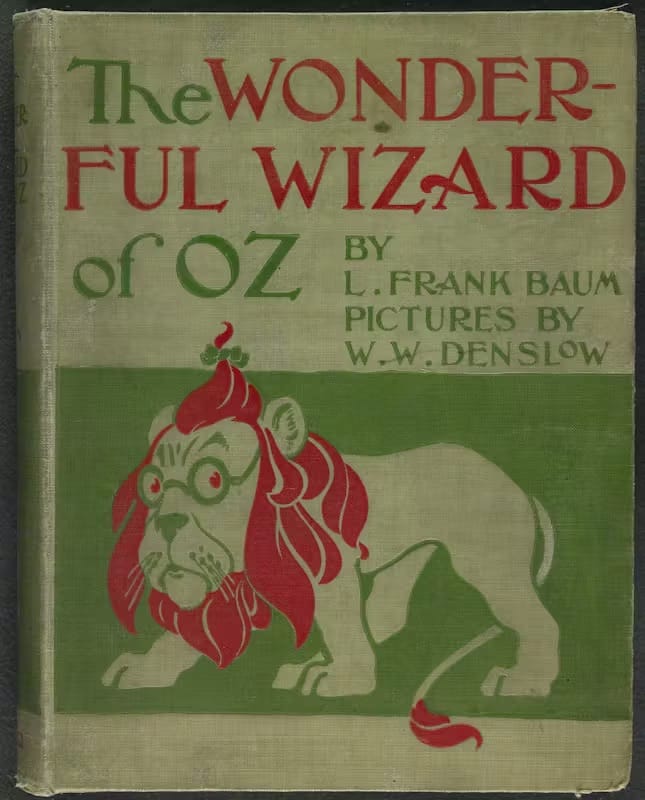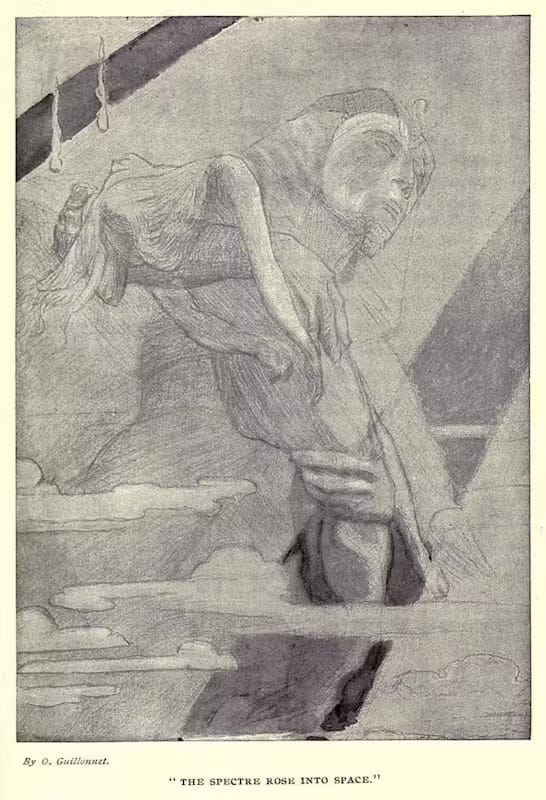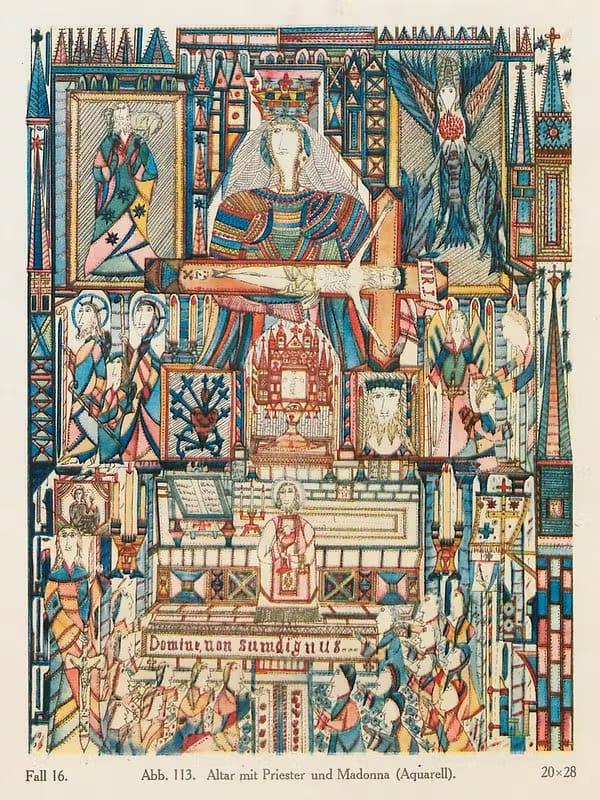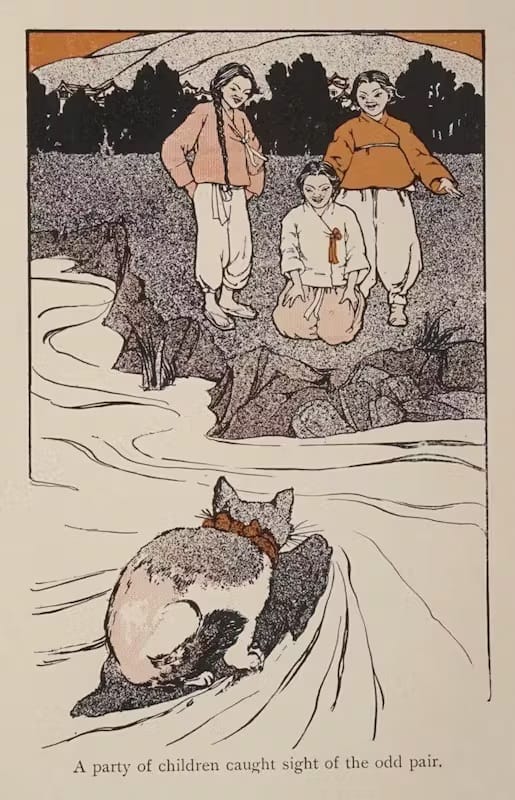Review of Coders and Nicomachean Ethics
by Clive Thompson | by Aristotle

Coders
This year software has held a special place in my heart as I've been building YCB. However, the type of software that I've been writing has left me feeling pretty lonely at times.
It's kind of hard to explain how the software development works when you're a member of a team, either through taking a contract or being a full-time W-2 employee at some software shop, but often the projects that you make are heavily influenced by the people that you work with, so much so that the hype for what you're building is based solely on echo chamber metrics or maybe even fake, boosted by external metrics.
Taking on what might be considered the equivalent of an indie game development for building YCB has been a lot of back-and-forth between me and a non-sentient coder, that being Cursor and ChatGPT. That introduces new problems and new solutions.
I think this book will need to be re-written to fully encapsulate what it feels like to write software in a world where language models are doing a lot of the heavy lifting that developers were dealing with not even five years ago.
But that's the curse of the rapid pace of software. Anything that you write is likely to become outdated soon. That's one of the reasons that I've invested a lot of my thinking into information as a medium itself. Information feels like it has a legacy behind it and grows a lot slower and change is a lot slower. It's more historical, a declaration rather than a response to whatever is new.
Software is so abstract that when you look at it directly, all you see is a giant state system mechanism that doesn't really have any appreciable features outside of the one part that you're looking at - the feature or bug that you're trying to solve. You might pop your head into some communities to pick up a library or go and figure out how to use a function more effectively, but at the end of the day it's roughly the same lonely journey. You are trying to convert data from one state to another, and in the process of doing that, you are forcing your brain to come up with logical paths for the data to follow.
Nicomachean Ethics
This is the book that has led to a lot of what we would consider to be Western philosophy. A lot of the ideas that we take the most pride in and credit for today are actually just rehashings of the idea of virtue that philosophers like Aristotle were battling with thousands of years ago.
The interesting thing about happiness is that every generation in some shape or form is searching for it, and every generation has consistently failed. The ones that failed especially hard had no frameworks to goo off of, ow were too afraid to break from their prevailing frames. Both needed to adjust to the middle path.
I'm on the quest to find good arguments about the value of the intellectual life in a vacuum. I think that building YCB has put a lot of pressure (emphasis, not weight) on me about saving interesting things that I come across in a kind of forage mindset. But then there's this omnipresent urge by being a member of a society that only rewards success to people who are attractive and make a bunch of money. We worship the idea of our wealthiest in capital. To opt out makes you seem like you're playing a non-serious game. That pressure has me thinking – it almost feels like, "Okay, how do I make money off of this?" This is a hard thought process to pull to the middle path. And that feels derivative of the human experience. To be born with near limitless intellect and curiosity and to box it into something that someone else pays for.
A part of it is being able to get resources to be able to accomplish what I need to live as an embodied creature. In fact, in the Ethics, Aristotle discusses the prerequisites for being a great man include having a bunch of money so that you can give it away or spend it on great works for society; or to be courageous so that you can throw away your life in battle (pretty similar to the thoughts of Yukio Mishima in Sun and Steel).
But isn't capturing a trail of my own unique memorabilia worth the most I could give as an offering? To be able to give my attention to something is a gift but it's also, in a way, a gift that was given to me. It's the closest thing I can offer to sense of the changing organism that was/is/will be me. Everything else, even the shit you buy from me, is just a partial picture, an oil well under a beautiful mountain.




